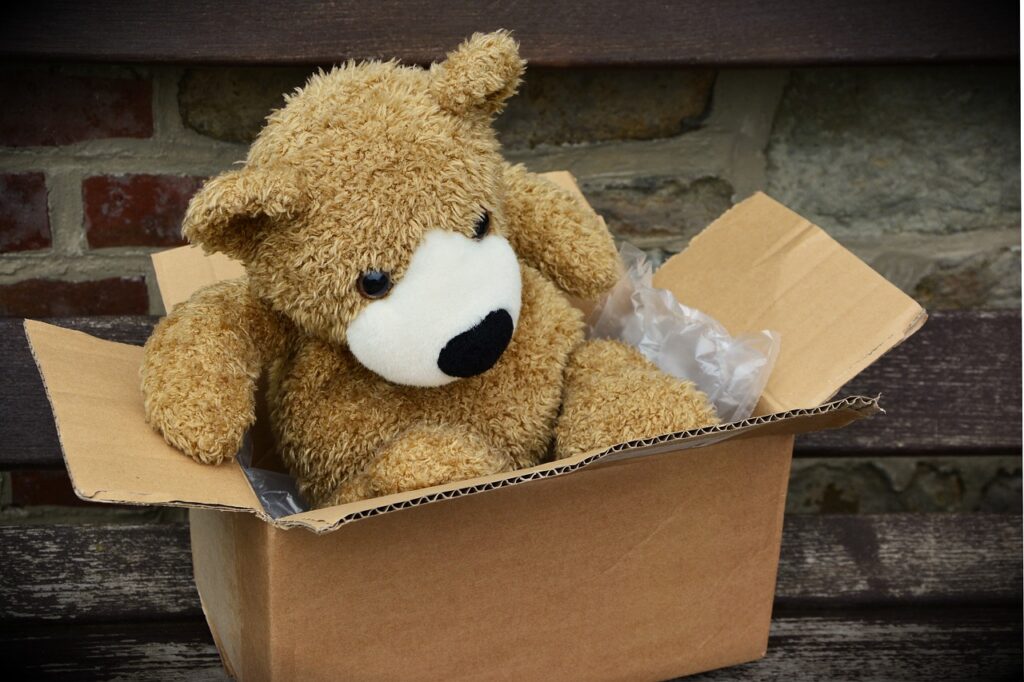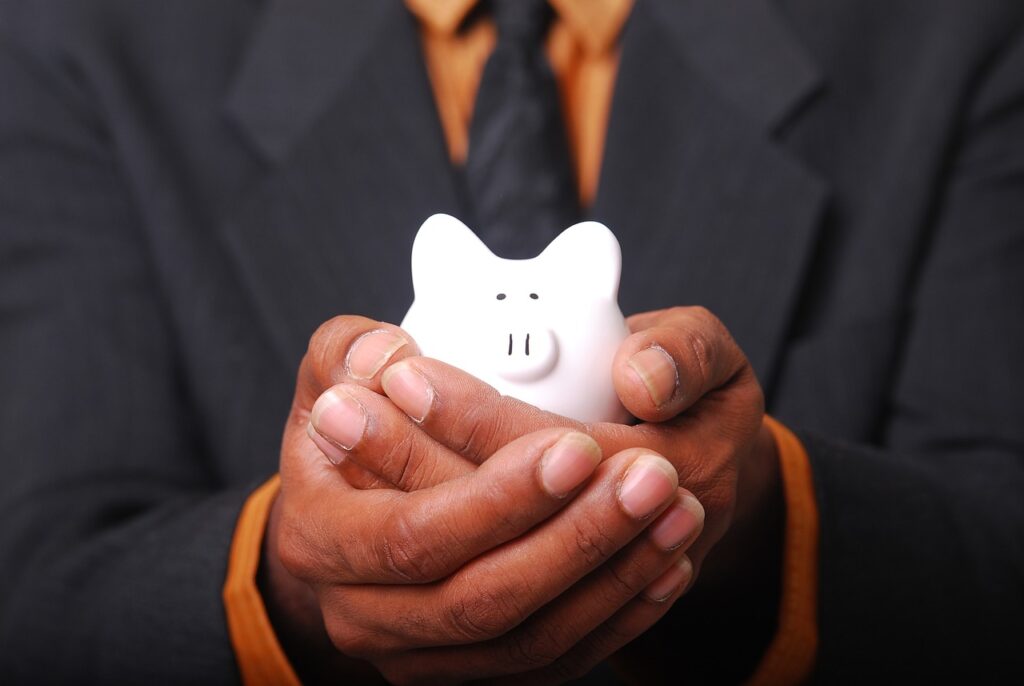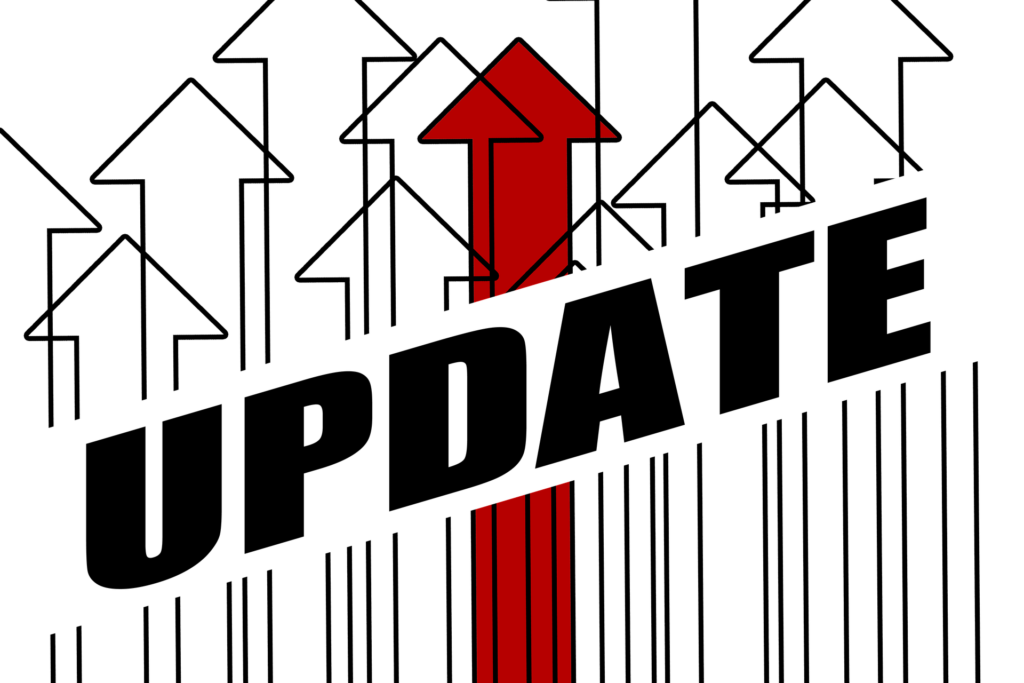In these economically challenging times, and in an era where we are all more conscious of our impact on the environment, many of us are choosing to sell our unwanted second-hand items on sites like eBay, with some people even making this their main source of income. You might think of this as ‘free money’ but in fact, this is unfortunately not necessarily the case.
The tax implications of selling on eBay are more obvious if you are making or buying goods specifically to sell for a profit – HMRC will view this as business income that needs declaring. However, even if you are just offloading old unwanted items, you may still need to be mindful of your tax liability on any profits that you make.
How much Income Tax will I owe on my eBay profits?
If your eBay business is not your main source of income, and you make less than £1,000 a year from your eBay sales this is completely tax-free with the ‘Trading Allowance’ scheme which enables you to earn self-employment profits tax-free. (This should not be confused with the Personal Allowance which is the tax-free portion of your full-time earnings.) Any amount over £1000 counts as part of your taxable income, and is taxed according to normal income tax rates (20, 40 or 45% depending on total income).
What about Capital Gains Tax?
Capital gains tax occurs when you sell an item for more than you paid for it. You can make £3,000 capital gains each tax year with no tax implications. If you happen to sell items that are worth more than £3000 in total per tax year, you’ll be liable to pay Capital Gains Tax on any profit that you make above and beyond that £3000. (Interestingly this rule does not apply to the sale of your car) You can offset capital losses against capital gains but to be able to do so, you would need to keep a record of capital losses.
And what about VAT?
Unless you are earning more than £85,000 a year from your self-employed eBay earnings, you won’t need to register for VAT or add it to your sales prices. If you are making more than this amount, you need to register for VAT, complete a VAT return, and charge 20% VAT on all the qualifying goods that you sell.
Can I expense anything to bring my tax liability down?
If you are completing a self-assessment tax return due to earning more than £1000 on your eBay sales, you can include your eBay seller fees as a business expense to bring your total tax liability down. You could also expense any PayPal or card payment fees, postage costs, and any other associated costs such as packing materials.
What happens if I don’t declare my eBay earnings?
Unlike cash payments made in person, online payments are particularly easy for HMRC to track, so if you aren’t declaring what you should be declaring, then they stand a good chance of rumbling you! You could then be liable to pay the undeclared tax and a penalty of up to double the amount of tax that you owe.
If you have any doubts about what you should be declaring and when, speak to one of our accountants.




